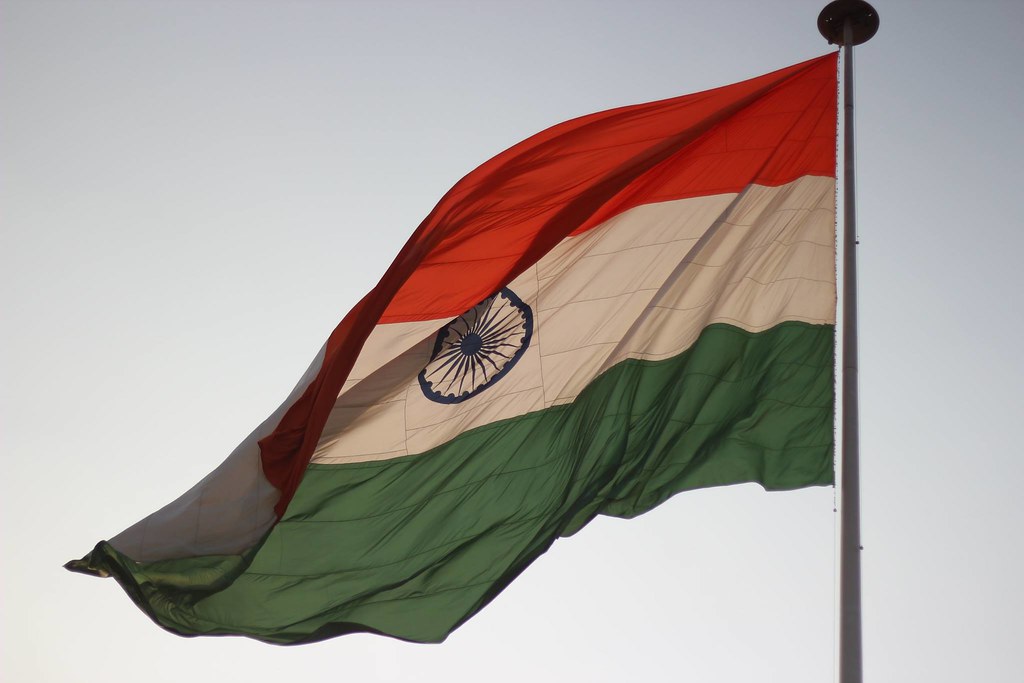
U.S. Sanctions Threats and the Indian-Russian Defense Relationship
The growing military relationship between India and Russia is concerning, and the U.S.’ tactic of threatening sanctions won’t deter other countries from cooperating militarily with Russia if it remains only a threat. The U.S. used this “threaten sanctions” method in attempting to deal with Turkey’s purchase of an S-400 missile system from Russia—now India’s focus is avoiding those sanctions as it tries to purchase the same system. However, enacting sanctions likely won’t help the United States’ existing relationships, either.
As of July 15th, 2019, India and Russia are collaborating to create a new payment method utilizing their own national currencies to facilitate defense deals. They hope to avoid the threat of U.S. sanctions—though the fact that India is engaging in “significant transactions” with the Russian defense sector is still technically grounds for such action by the U.S.
This recent collaboration between Russia and India is part of an existing series of relationships involving Russia’s struggling defense and intelligence sector. Though the U.S. has continually enacted the use of sanctions against Russia, its government continues to push weapons sales and intelligence agreements in strategic countries such as India and Turkey.
Russia delivered the first shipment of Turkey’s new S-400 missile defense system in early July, and it appears to be focusing on India as well. The defense-minded relationship between India and Russia isn’t new, however, as despite U.S. sanctions, “Russia accounted for 58% of the south Asian nation’s arms imports from 2014-18,” according to the Economic Times, an Indian newspaper. Recently, the two countries got closer to signing a defense logistics sharing pact that would “simplify interoperability and enable military platforms to receive support and supplies across bases in both nations”—such a deal could be signed as early as September of 2019.
The contents of such a deal would include naval benefits, giving both India and Russia access to mutual military ports, economic ports, and standing availability of spare parts. The pact would also likely include access to airbases and to energy in the arctic (for India, of course). Though the final logistics and wording of the pact have yet to be determined, India’s willingness to nurture its defense relationship with Russia is clear not only from this deal, but from their creation of new payment methods and their existing defense and intelligence relationship.
The U.S. isn’t thrilled about the continued (relative) success of the Russian defense and intelligence sector, despite the heavy sanctions it has levied against Russia. As Russia remains the second largest exporter of arms in the world, extending its reach into countries with which the United States hesitates to make deals, the United States’ primary threat is that of sanctions. This threat didn’t stop Turkey from accepting a deal with Putin, and it likely isn’t going to stop Modi from doing so.
ASP commented on the use of sanctions last month. As Rossella Cerulli stated, “the logic of punishment to deter future bad behavior is fragile,” as Russia holds a particularly powerful position on the world stage, even in the face of sanctions. If the U.S. threatens to sanction a given nation, that nation can then turn to Russia for energy and weapons as needed. If a country is already doing so, sanctioning them for said action can only reinforce their reasons for doing so.
Additionally, Russia’s firm foothold in the energy sector is enough to keep the country from experiencing long-term difficulty from sanctions—data shows that Russia’s inflation and unemployment rates have dropped significantly in recent years. It’s clear that whatever and India and Russia end up agreeing on, the United States shouldn’t heavily rely on sanctions, or the threat of them, in reaction.
“Russia-India relations are time-tested and it cannot be stopped by sanctions…” according to Russian envoy Roman Babushkin. Considering that India and Russia have an existing relationship, the best route for the United States, given the future purchase of a Russian S-400 missile defense system by India, is to diverge from the steps taken around Turkey’s purchase of the same system. Though the U.S. is at a locational disadvantage in developing its security relationship with India, it still might be able to shape India’s intentions in terms of actually using the system.
Most importantly, however, the United States must not stick to its dysfunctional tactic of further sanctioning countries who are already willing to conduct business with Russia’s defense sector, as this tactic seems to do nothing more than alienate the possibility of future positive relations with these countries.





